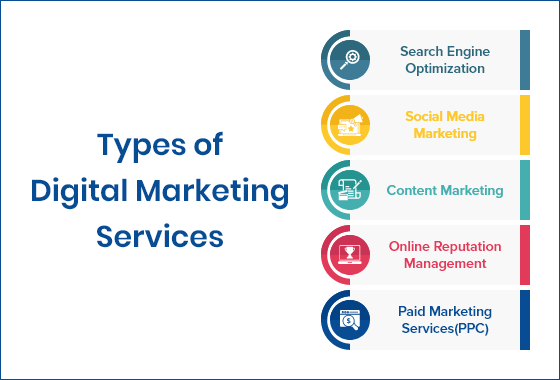Artificial Intelligence in Digital Marketing
The Role of AI in Revolutionizing Digital Marketing In today’s fast-paced digital landscape, artificial intelligence (AI) has emerged as a transformative force, revolutionizing how businesses approach digital marketing. From personalized customer experiences to predictive analytics, AI is reshaping the marketing strategies of companies worldwide. This blog explores the various ways AI is transforming digital marketing and the benefits it brings to businesses. Personalized Customer Experiences One of the most significant impacts of AI in digital marketing is the ability to deliver personalized customer experiences. AI algorithms analyze vast amounts of data, including browsing behavior, purchase history, and demographic information, to create tailored marketing campaigns. Personalization increases customer engagement, as consumers are more likely to respond to content that resonates with their preferences and needs. Examples of AI-driven personalization: Enhanced Customer Segmentation AI enables marketers to segment their audiences more effectively. Traditional segmentation methods often rely on basic demographic information, but AI can analyze more complex data sets, including psychographic and behavioral data. This allows for the creation of highly specific audience segments, leading to more targeted and effective marketing campaigns. Benefits of enhanced segmentation:


